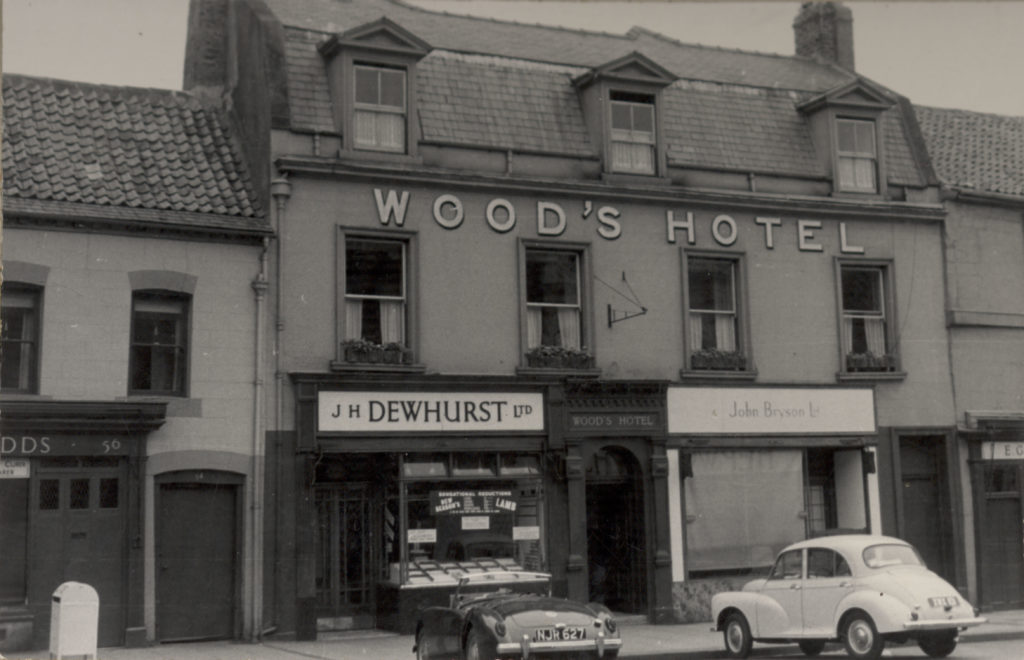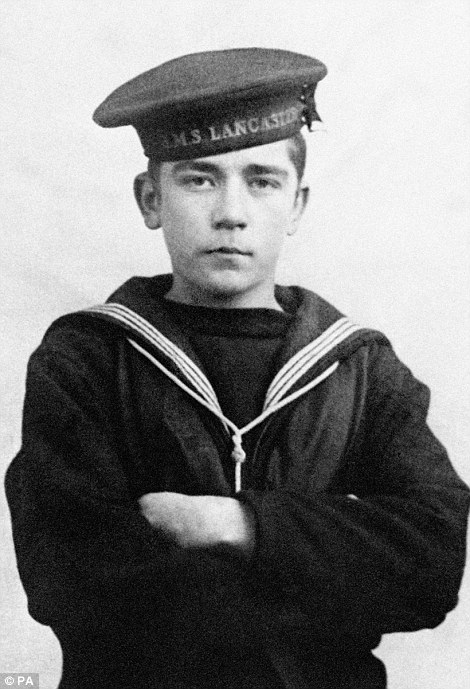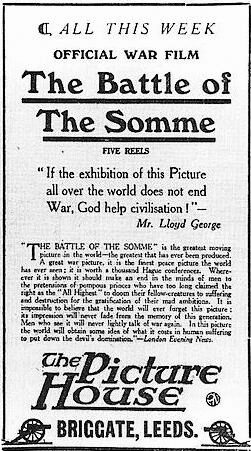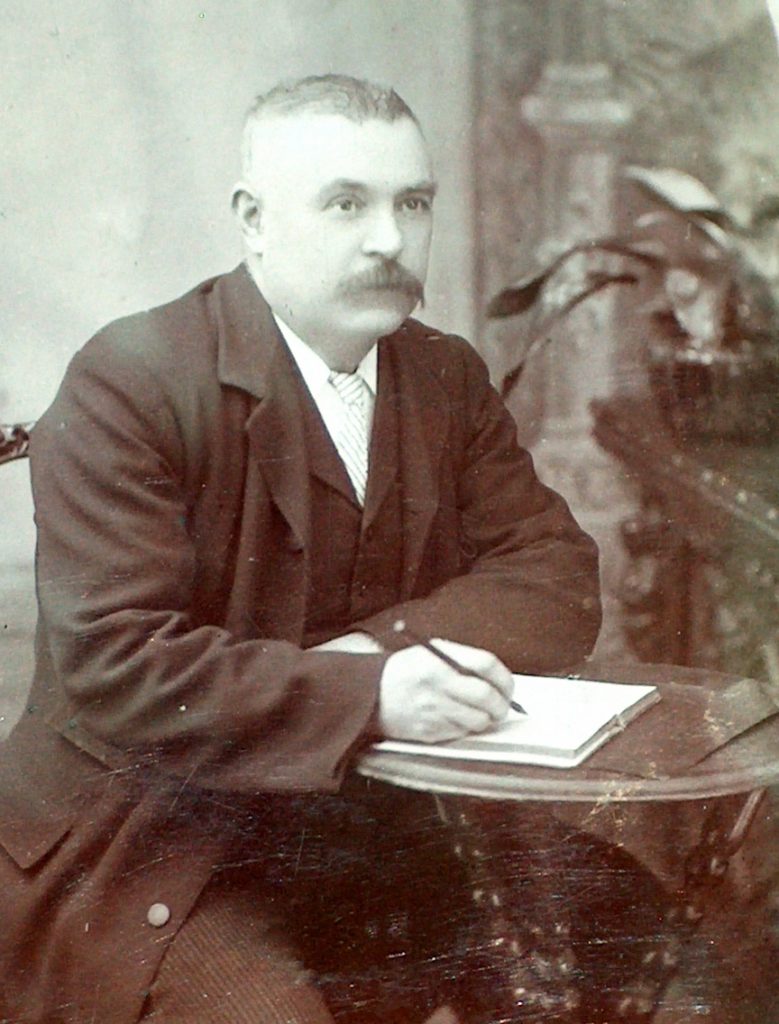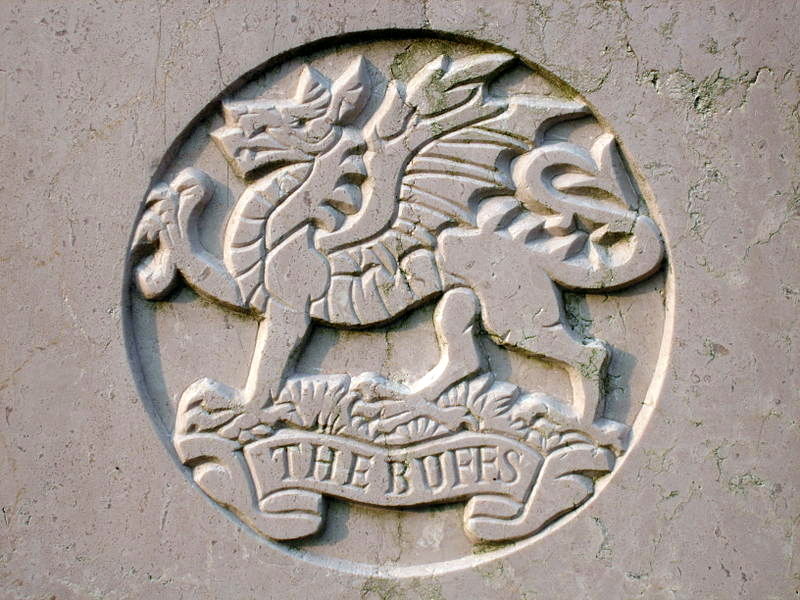
BERWICK ADVERTISER, 27 DECEMBER 1918
CHRISTMAS
One feature of the Christmas season in Berwick was the extraordinary number of service men on leave, several not having spent Christmas at home for the past few years. The shops on Christmas Eve were very busy, and the great shortage of fruit, especially apples, as well as the exorbitant prices asked were the subject of much comment. Children lamented the scarcity of sweets, as “two ounces” only was the general rule in most shops.

The weather on Christmas Day was stormy and disagreeable during the forenoon, but cleared away fine later in the day. Things were very quiet on the whole in the town. At night some children dressed up as “Mummers” went from house to house singing. This is a custom that is not often observed in Berwick. Services were held in some of the churches.
THE WORKHOUSE
The inmates of the Workhouse were treated to a good dinner of roast beef and plum-pudding on Christmas Day. As is customary tobacco was given to the smokers and sweets to the non-smokers. Mr Stirling, Tweedmouth, kindly supplied beer, and aerated waters were also sent in.

There are only 33 inmates at present a marked contrast to the years before the war when there were generally well over one hundred.
THE INFIRMARY
The patients at the Infirmary were entertained to dinner and tea on Christmas Day by Dr. C. G. Maclagan, chairman of the House Committee. During the afternoon gifts were distributed from a prettily decorated Christmas tree in one of the wards. Some members of Committee and a few friends’ including the Mayor and Mayoress, Lady Wilkie-Dalyell, Miss Wilkie-Dalyell, and Miss Maclagan, were present. The tree and evergreens which added so greatly to the festive appearance of the wards were kindly given by Lady Wilkie-Dalyell. There were not quite so many children amongst the patients as on former occasions.
AT THE BARRACKS
A splendid dinner of the usual Christmas fare was served at mid-day to the men at the Barracks on Christmas Day. A great many men are off home on their twelve days leave. During the course of the dinner Major McAlester, the Officer Commanding, visited the Dining Hall, which was most tastefully decorated, and wishing them all the compliments of the season gave the men some words of good advice.
MALARIA CAMP
The majority of the officers, non-commissioned officers and men are away on Christmas leave, large batches leaving daily. A most excellent dinner was served on Christmas Day, with the usual fare, and greatly enjoyed by all present.
POST OFFICE
The work at the Berwick Post Office this year has been greatly in excess of last year, but not up to the standard of the pre-war period. Saturday was a busy day, but the posting on Monday were very heavy. The 24th and 25th Dec. were as usual very busy days. A special feature was the heavy postings of letter packets due no doubt to the increased parcel rates which make it cheaper to send a smaller parcel at letter rates. The Christmas Cards also came more into favour this year. The temporary assistants employed this year were women and they did their work well; as did the whole of the regular staff.
BERWICK’S FIRST V.C.

On Monday morning Mr and Mrs Huffam, of 119 High Street, received word that their youngest son, Second Lieut. James Palmer Huffam, 5th Duke of Wellington’s, attached 2nd battalion had been awarded the Victoria Cross. The news was received in a wire from their son’s Commanding Officer congratulating them upon the award, and Mr Huffam has since received the following letter from Lieut. Col. Pawlett.
2nd Batt, Duke of Wellington’s Regt.
19 December, 1918
Dear Mr Huffam, – I hardly know whether to congratulate you or thank you on the occasion of the honour bestowed on your son – congratulations are on the occasion of the honour- to you as the father of such a boy, and thanks for the award coming to the Regiment. We have been anxious for some time whether this well merited reward was coming through for one who so richly and deservedly earned it, but now we are happy to think it has and your boy is alive and well at the last of the fighting. I cannot express a small part of the pride we all feel in having so noble a hero as your son as a member of our Battalion which bears such a noble name and record. May you and your gallant son live long to enjoy the fame which he has earned so nobly. This is the brightest Christmas greeting I can send from my Battalion and may you enjoy many more. Yours sincerely J. PAWLETT, Lt,. Col., Commanding 2nd, The Duke of Wellington’s Regiment.
The non-commissioned officers and men of “C” Coy., have also telegraphed to Mr Huffam, their congratulations on the Second Lieut’s winning the V.C.
NORHAM
ANOTHER NORHAM LAD’S RETURN FROM GERMANY
Private Murray Gregor, N.F., returned to his home on Saturday night from Germany. He was taken prisoner when the Huns began their great offensive on March 21st last, and was sent into Eastern Prussia, where he worked at first down a mine, but was afterwards put to do farm work, for which he received a mark a day. The Huns, he says, were cruel taskmasters, and especially did he find them so while working down the mine. He speaks very highly of the parcels sent out by the Northumberland Prisoners’ of War Fund Committee, which he declares kept, him alive for he could get very little to eat otherwise. Private Murray Gregor previous to being taken prisoner had seen much fighting, often being employed in the dangerous work of sniping. His two months’ leave will, we trust, bring about a great improvement in his state of health. Before joining up he was a forester on the Ladykirk estate. There are now four lads in our village who have been prisoners of war in Germany, viz., Sergt. Marshall, Corpl. H. Moody, Private T. Tait and Private Murray Gregor.
There are many young lads going about our village in khaki or blue, home for their twelve days leave. The boys in blue are Petty Officer J. White, Stoker J. Cowe, Seaman J. Bell, and Seaman Jas. Wilkinson; whilst in khaki we notice Private G. Strother, N.F.; Private R. Swan, N.F.; Private Drummond, R.G.A., and the returned prisoners of war. A dance has been arranged by some of the young ladies of the village for New Year’s Eve, at which is expected a fair gathering of the boys. The proceeds of this dance are to go towards the Welcome Home Fund
RATIONS TO CONTINUE
ANOTHER BOOK LIKELY TO FOLLOW THE CURRENT, ISSUE
The coupons book will continue in use for some months, and a fresh edition will probably follow the current issue after March.
The forecast for rations may be assumed up as follows:-
MEAT – Home produce short until the spring, in view of which imports are economised so as to build up reserves.
BUTTER – Increase not likely until cattle are put to grass, when more milk, now very short, will admit of increased dairy output.
MARGARINE – An ounce may be added to the weekly ration early in the New Year.
SUGAR – Ration to be increased to 3/4lb weekly from the end of January.
JAM – Revision expected second week in January; may lead to coupons being dispensed with.
Generally, if jam is the first article to go off the ration list, margarine will be the second, and sugar and butter will follow as conditions improve.


